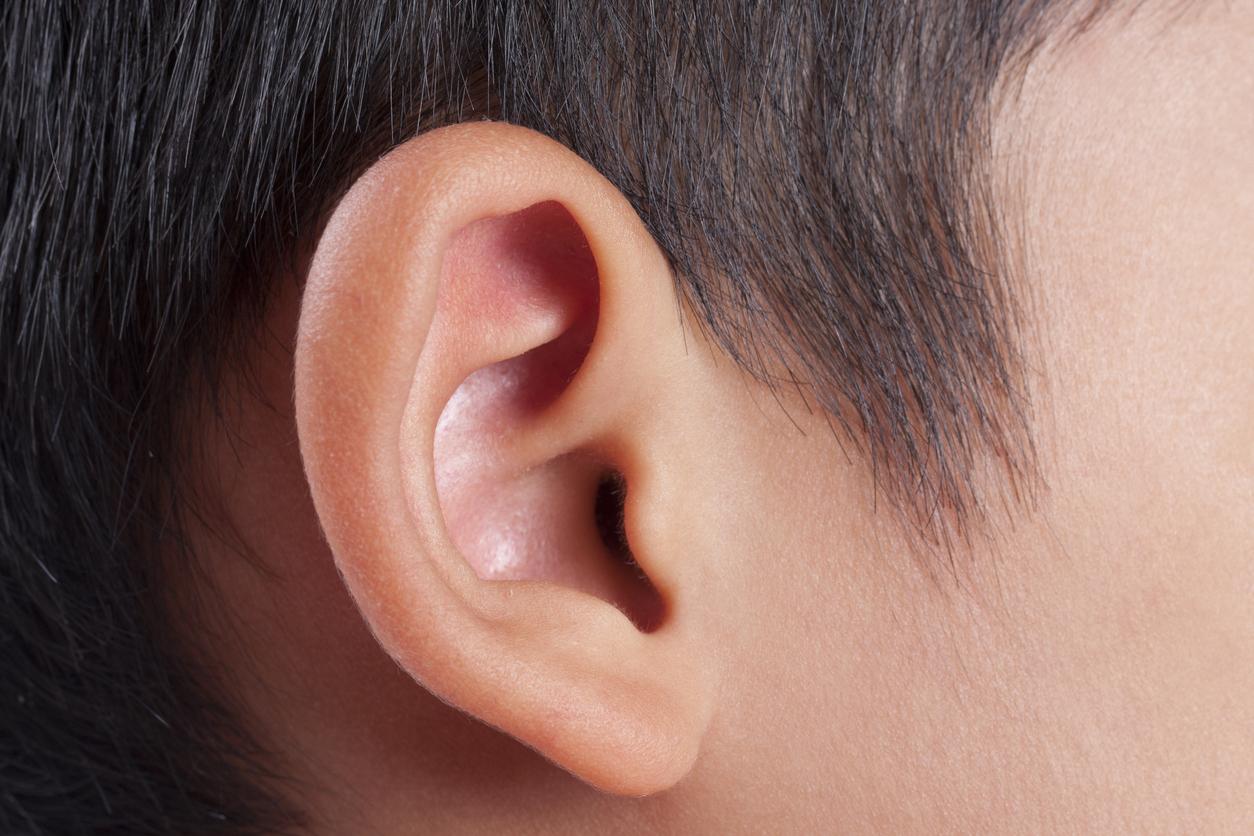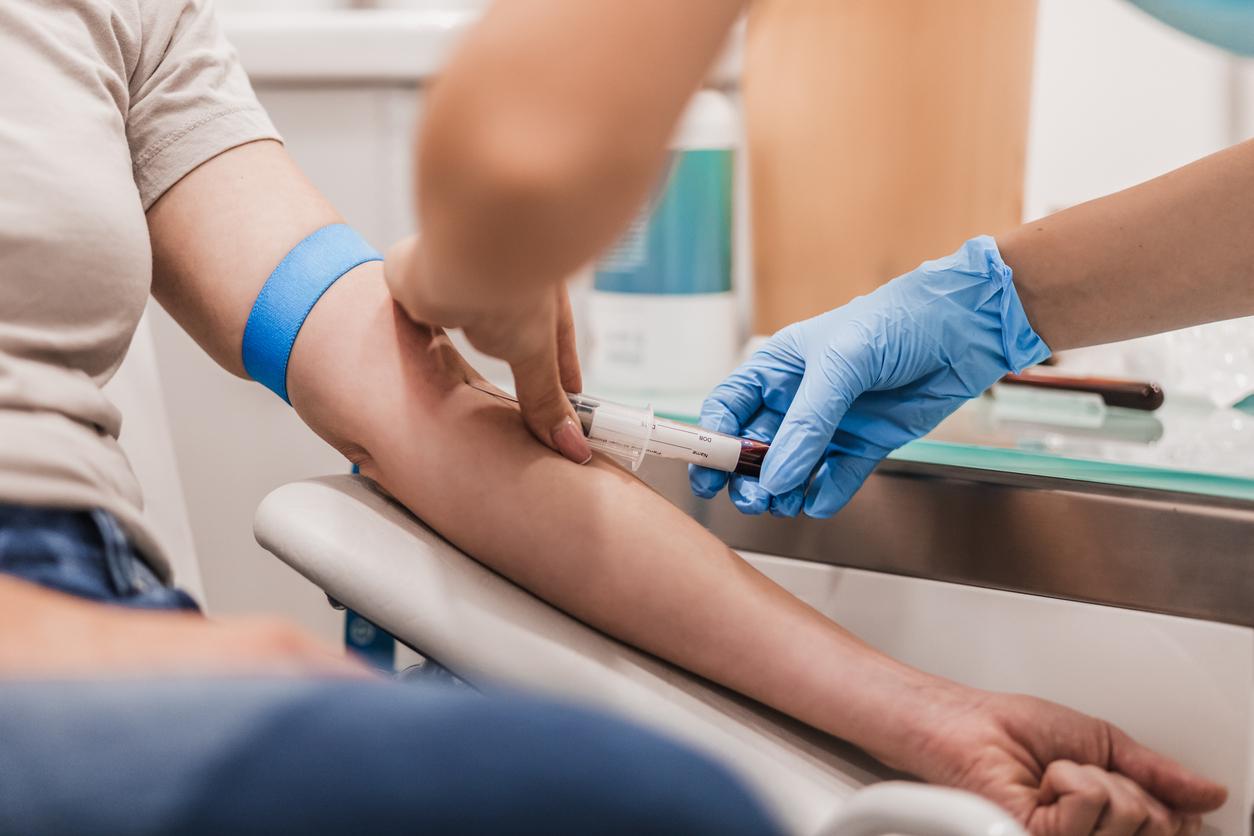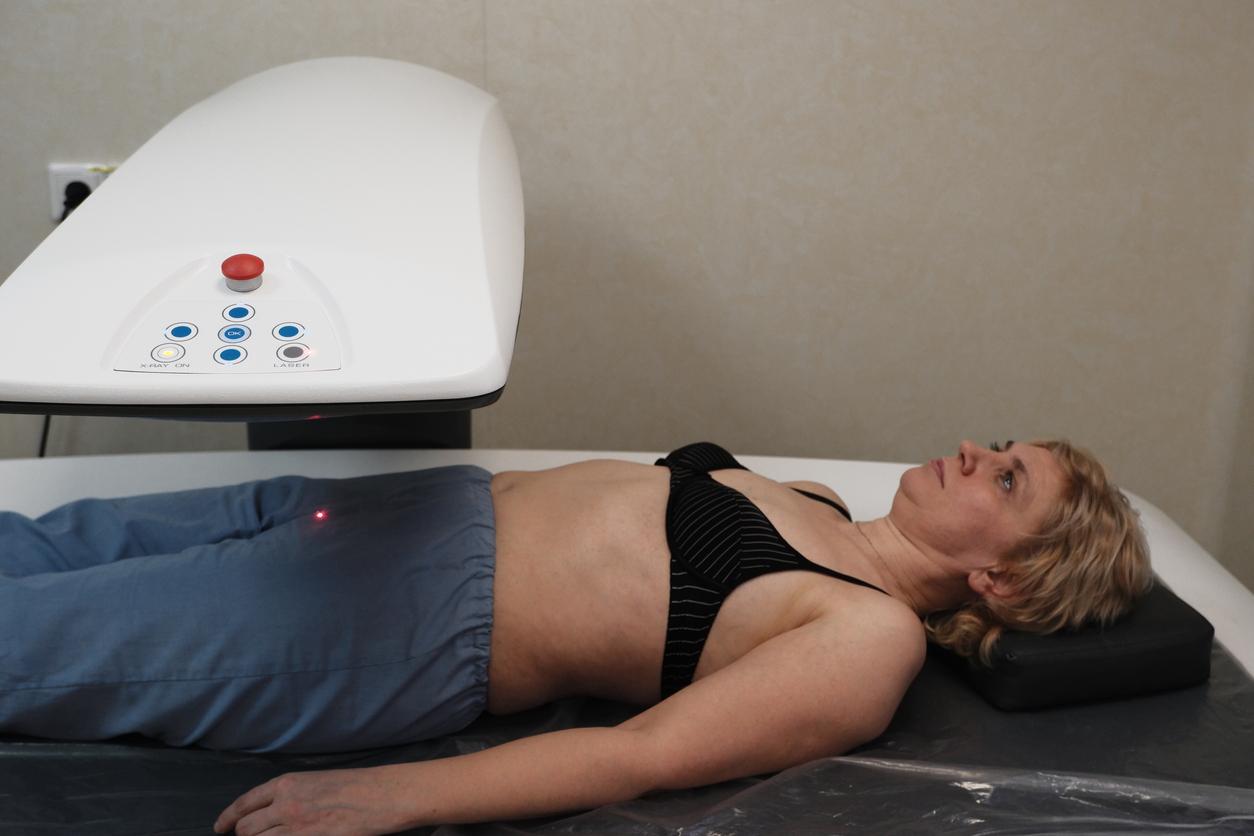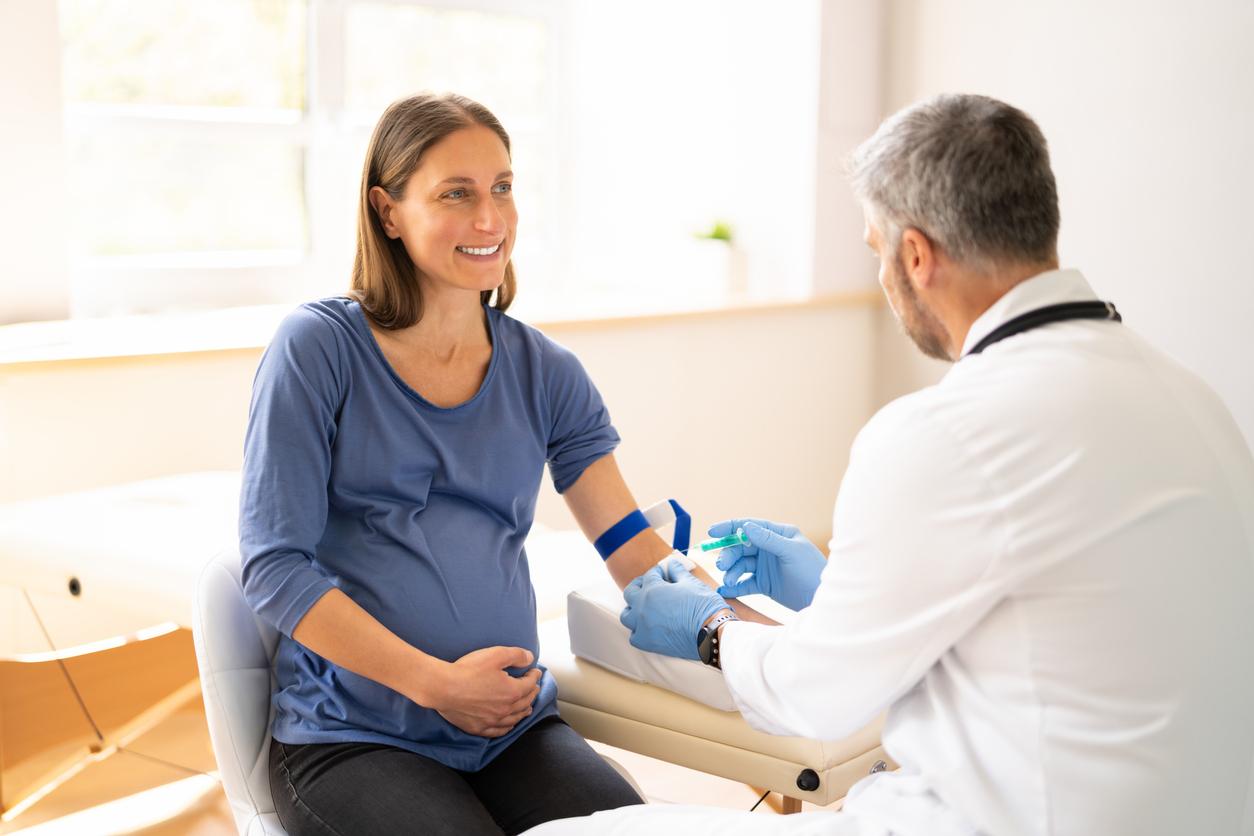An algorithm combining data collected using a blood sample and brief memory tests could accurately predict the risk of developing Alzheimer’s.

- Between 20% and 30% of patients are misdiagnosed in specialist healthcare.
- The blood sample makes it possible to measure a variant of the tau protein and of a gene known to be a biomarker of the disease and it is completed by 3 cognitive tests which each last less than 10 minutes.
- The combination of the two results makes it possible to predict at 90% which patients are most likely to develop Alzheimer’s.
Detecting Alzheimer’s early makes it possible to treat this disease in the most effective way. Swedish researchers at the University of Lund have developed an algorithm which, according to them, can accurately predict the risk of developing the neurodegenerative disease four years ahead of the first symptoms. This algorithm, presented on May 24 in the journal NatureMedicinecombines data collected with a blood sample and brief memory tests.
A new diagnostic tool
Currently, between 20% and 30% of patients are misdiagnosed in specialist healthcare. It is possible to improve this rate by measuring tau and beta-amyloid proteins via a sample of cerebrospinal fluid, but this method is expensive and only available in certain specialized centers. The Swedish scientists sought to offer an inexpensive and feasible screening tool on a majority of patients in order to improve their care.
Researchers looked at 340 patients with mild memory impairment in Sweden’s BioFINDER study. The latter then confirmed their results in a North American study of 543 people. They first took a blood sample to measure a variant of the tau protein and a gene known to be a biomarker of the disease. They then gave participants three brief cognitive tests that only take 10 minutes to complete.
90% accuracy
The results showed that the combination of blood analysis and cognitive testing was 90% predictive of which patients are most likely to develop Alzheimer’s. “This simple prognostic algorithm is significantly more accurate than the clinical predictions of dementia experts who screened patients but did not have access to expensive cerebrospinal fluid tests.”, rejoiced Oskar Hansson, principal author of the study.
The researchers hope to be able to extend their trials using this method, which improves screening. “The algorithm has currently only been tested on patients who have been examined in memory clinics. We hope it will also be validated for use in primary healthcare as well as in developing countries with limited resources.”, says Sebastian Palmqvist, co-author of the study.

.

















